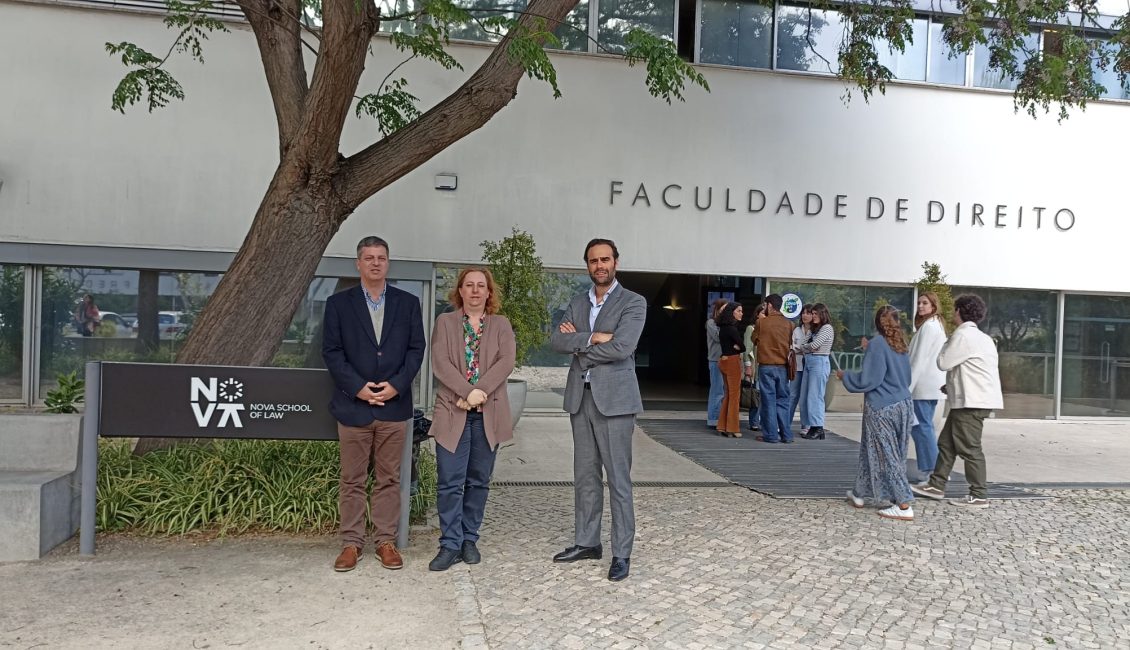
Last April, CEDIS welcomed external consultant Professor Nuno Garoupa from Antonin Scalia Law School, George Manson University (USA).
We are awaiting the next evaluation of R&D Units, which we expect to begin in July of this calendar year. With this in mind and taking into account the current national/international panorama in research, technology and innovation, we asked Professor Nuno Garoupa what main challenges will CEDIS face in the next evaluation cycle (2025-2029):
CEDIS must have national objectives (recognition as the best national research center in Law and Society in a comprehensive way) and international objectives (positioning as a European reference in Law and Society, including the new areas of empirical legal studies and law and technology).
In order to face these challenges successfully, he warned of the need to have well-defined research strategies that are coordinated with the research agenda of NOVA University Lisbon. Diversify the sources of physical capital, the allocation of talent and the capacity for innovation. The latter with a special focus on technological challenges.
Still on the challenges that CEDIS will face in the future, he recalled that research depends on a strong investment in human capital and in the quality of communication of activities, outputs and outcomes.
When asked about the strongest features of CEDIS:
CEDIS already has the human capital, the trajectory, the ambition and the level of internationalization to enshrine a more European agenda and less dependent on the inevitable national cycles, especially the FCT. Transforming CEDIS into a European institution, without losing its influential role on the national scene, requires a persistence and commitment that are already characteristic of the institution.
We ended the interview talking about impact, which is a fundamental criterion for attracting funding. In Professor Nuno Garoupa’s view, the impact of CEDIS is measured using traditional research metrics – publications and citations. However, today, impact is also understood as the effect, change or benefit for society, the economy, politics, etc. It goes beyond academia and, to this end, CEDIS must achieve and establish a presence in European networks and take part in legal discussions (at national, European and international level). And he left us with one last note, which we will reflect on:
Quantitative metrics are not a priority, but they are inevitable. Qualitative metrics are important, but they always require a constantly critical and demanding analysis.








